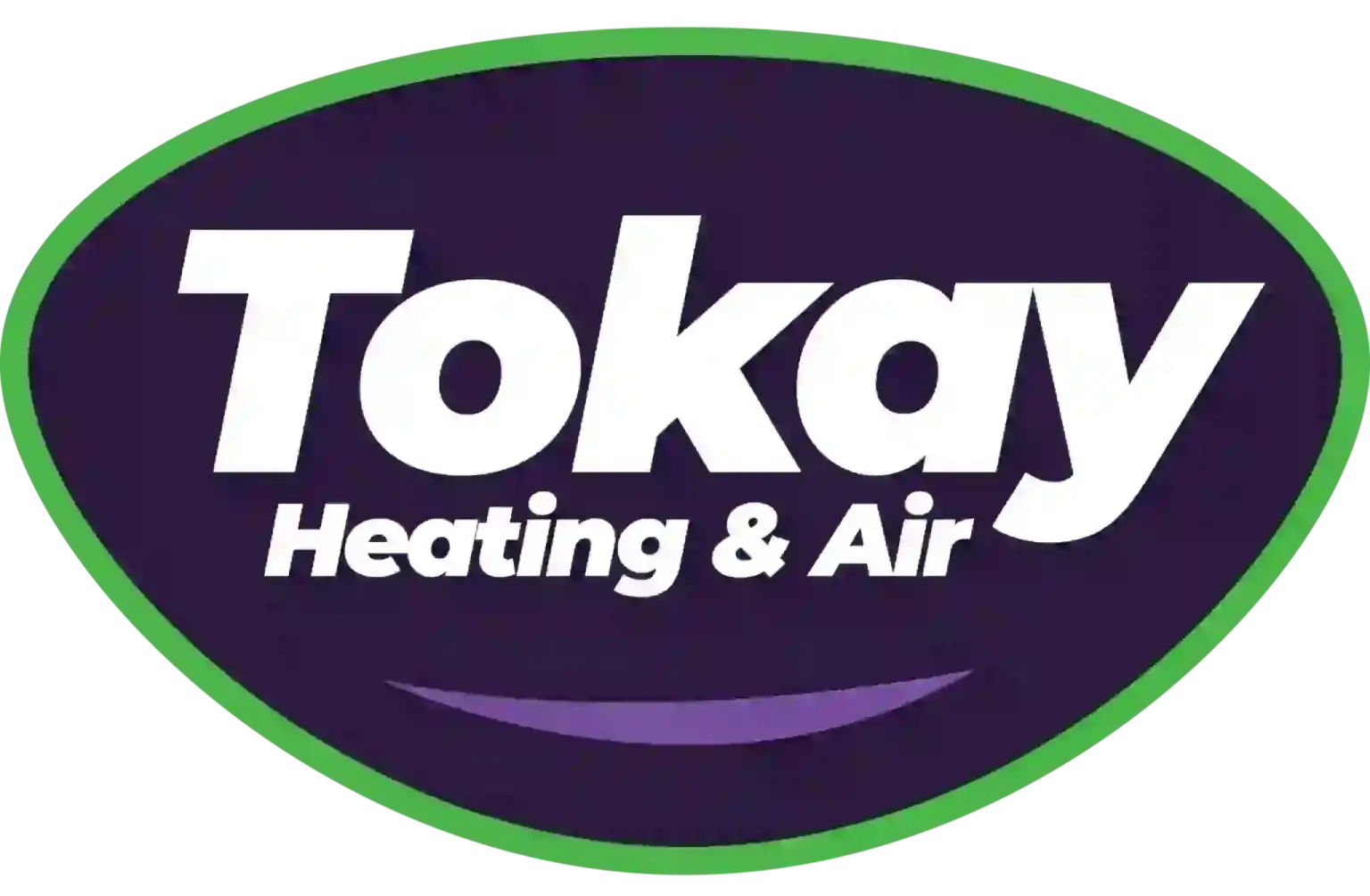Did you perform a double take when you viewed your last energy bill? Although high energy bills can be the consequence of extreme weather events, persistently high bills can quickly indicate an inefficient HVAC system or your home is using too much energy by other means, including drafty windows or insufficient insulation.
An easy way to determine whether your home is wasting energy is by calling a home service professional to complete a home energy audit, also known as a home energy assessment. Keep reading to learn more about home energy audits, including what they are and their advantages.
What Is a Home Energy Audit?
An energy audit is a comprehensive inspection of how much energy your home uses and whether – and where – your home might be losing or wasting energy. An inspector will take a look at previous energy bills while completing an energy audit to figure out where energy is being consumed and how much.
The overall goal of an energy audit is to help homeowners save money on their energy bills by recommending energy-efficient renovations, which can include exchanging your current HVAC system, installing new insulation, plugging up leaks, or replacing loose windows.
Over the course of the energy assessment, the auditor also completes an inspection of the outside and inside of your home. The auditor performs a blower door test on doorways, windows and fireplaces to figure out if there are air leaks in your home. They’ll also check your home’s HVAC system, as well as the ductwork, the water heater, and the insulation in your attic. Some assessments might also include inspecting your current lighting system.
Benefits of a Home Energy Audit
It can be tough for the ordinary homeowner to be sure how efficient their home is in comparison to other similar homes in their neighborhood. However, many energy companies often offer information about where your home is ranked in comparison to similar homes and whether it’s more efficient, about average, or inefficient versus your neighbors’ homes. This could be a useful starting point to decide if you need an energy audit completed.
A few of the benefits of a home energy audit include:
- Recognizing How Efficient Your Home Is: It’s good to learn more about how efficient your home is and where you’re using up the most energy. For example, if your ducts are leaking air, it will cause a significant increase in your energy bills and excessive wear and tear on your HVAC system since it has to run longer to properly heat or cool your home.
- Making Energy-Efficient Updates: An energy audit can reveal where you need to make energy-efficient changes to save on energy and reduce utility bills. This can include replacing old weatherstripping or installing a new energy-efficient furnace.
- Improving Health and Safety: Enabling air to slip into your home via doors and windows, or as a result of a lack of insulation can cause unwanted moisture to build up, which may negatively influence your home’s humidity levels or lead to mold. This can cause health problems, especially for people suffering from asthma or allergies.
- Adding to Your Home’s Retail Value: Energy-efficient homes are sought after by homebuyers. You can sell your home sooner or for more money by showing potential buyers that it’s energy efficient.
How to Complete an Energy Audit of Your Home?
Although completing an energy audit independently will not be as detailed as calling a professional, it’ll offer a generalized sense of how energy efficient your home is. If you don’t discover any flaws during the DIY test, then you potentially don’t need to call in a professional. Try this step-by-step checklist:
- Inspect your HVAC system. Leaky ducts can lose nearly 20% of conditioned air, contributing to steeper energy bills and excess strain on HVAC equipment. If you discover leaks, use duct tape to close them. If your HVAC equipment is old and inefficient, upgrading to a new system can save you a substantial amount on your energy bills. In some cases, it is better to call a reputable HVAC company to inspect your system.
- Look for air leaks. Air leaks on average can raise your energy bills by 10 to 20%. Inside, look for air leaks in areas where you can find a draft, such as along the edge of flooring and close to baseboards and electrical outlets. Outside, you can look for air leaks along the home’s foundation, siding and mortar. Plug, caulk or seal any air leaks to save money.
- Inspect insulation. If your home is older, it could mean your insulation is too. If you can see the joists, you likely need more insulation.
- Check the ventilation. Make sure that all of your kitchen and bathroom exhaust fans are spinning properly, and check for evidence of rot or moisture.
Contact Tokay Heating & Air for a Professional Energy Audit
If you are interested in professional help figuring out how energy efficient your heating and cooling equipment is, call the HVAC professionals at Tokay Heating & Air today. We’ve proudly serviced the residents of Lodi with quality home services for years. Contact us today to set up an appointment.


